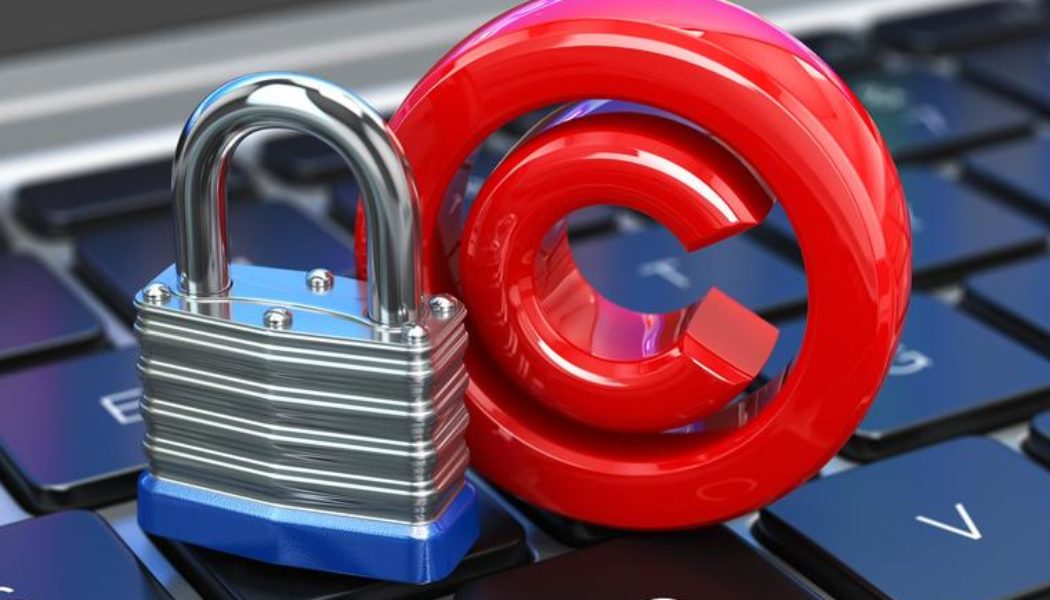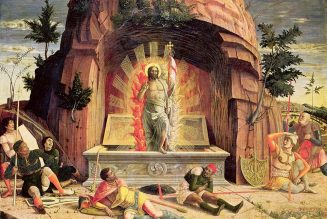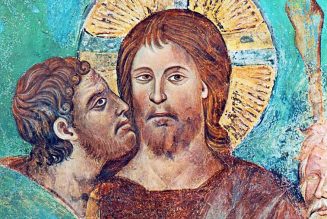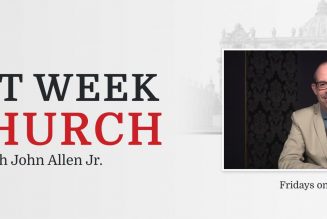
Q. According to the Digital Millennium Copyright Act (DMCA), purchasers are technically allowed to copy the contents of physical media that they’ve purchased (such as a music CD, video game disc, etc.) to another platform (such as your computer hard drive) provided they do not send the files out to people, sell bootleg copies, etc.
But if the content is locked behind Digital Rights Management (DRM) technology, then it is (ordinarily) illegal to break or circumvent that lock, even for purely private use.
So, if you own a music CD, which is not locked, you can legally copy the music from your CD to your computer. But since most film DVDs are locked, it is illegal to break or circumvent the lock, even if your intention is to use the materials for purely private enjoyment.
It is my understanding that the Church teaches that we have a right to dispose of our private property without interference (although this right is not absolute). In this case, does the purchase and ownership of an item such as a disc containing digital media entitle the owner to copy that media onto another platform for purely private use? —Joseph, North Carolina
A. We are dealing here with the question of what constitutes the wrongful use of materials that belong to others. Copyright holders are the proper owners of their materials. They authorize their use to purchasers, and the terms of the use are specified in licensing agreements or through laws such as the DMCA. Since using something against the reasonable will of its owner is morally the same as taking something against its owner’s will, copyright infringement, morally speaking, is a kind of theft. So, in dealing with this question, we need to apply the norm excluding theft.
You ask whether the right to private property, as defended in Catholic social teaching, entitles you to break DRM locks for purely private purposes.
The Catholic Church does in fact teach that there is a natural right to private property. But that right is not, as you rightly indicated, absolute. The right to private property is qualified by the grave responsibility to use such property in a socially responsible way, in a way that supports the common good, especially the good of the poor.
This responsibility arises from a theological truth: When God created the goods of the earth, he created them for the use of everyone. Therefore, no one “owns” the earth’s resources in an absolute sense; all are stewards. But since the qualified ownership of goods (private property) is the most just form of the distribution of the earth’s resources, private property is defended as a human right.
Now copyright laws are instituted for the sake of the common good. For they are intended to protect the rights not only of creators of copyrighted materials, but also of others whose livelihoods are connected to these materials (producers, marketers, distributors) by rewarding them with appropriate compensation for their labors. Copyright laws protect livelihoods, incentivize creativity, and prevent “free-riding” from those who wish to profit from the creative process without contributing to it. Fair-minded people recognize that these laws are reasonable and should be respected.
Unless we have serious reason for concluding otherwise, we must presume that a copyright law, such as the law restricting the unlocking of media subject to DRM locks, is consistent with the common good. And if it upholds the interests of the common good, then the natural right to private property does not justify its violation.
Moreover, copyright holders have a right to set limits on how their materials are used. Thus, when you buy something, it is important to ask what those limits are.
In the present case, you are buying a piece of digital media subject to DRM locks. You are not buying the right to use the media on other platforms, but rather the right to use it in its locked form. If potential purchasers do not like the conditions set by the laws, they do not need to buy the materials. Thus, one who purchases a locked form of digital media cannot appeal to the natural right to private property to justify unlocking the media and copying it onto another platform for purely private use.
If the unlocking cannot be justified by appeal to the right to private property, can it be justified on some other basis? I think under certain circumstances it can. Let me explain.
One violates federal copyright law by engaging in the unauthorized copying of commercially marketed media both “willfully” and “for purposes of commercial advantage or private financial gain” (17 U.S. Code § 506).
Since your desire to copy the contents of film DVDs between private platforms involves neither the intention to gain commercial advantage nor to secure financial benefit, the behavior you are contemplating cannot be considered a violation of that federal law.
Although what you are contemplating may not be a federal crime, we still need to ask whether it’s otherwise a violation of the rights of copyright holders, who as the proper owners of their materials, have a right to expect purchasers to use their materials within the limits set by law for their use.
Film DVDs are locked to protect against copyright abuses. If one knows that one’s own actions are not going to result in such abuses, then one does not circumvent the purposes of the law by unlocking the material for purely private use.
Following from this, we ask: Could an owner reasonably consider himself harmed by a piece of media being unlocked for purely private use? Or, worded in the positive, would any fair-minded owner/publisher of copyrighted media take a tolerant view of the violations you are contemplating?
You see where I am going here. If owners perceive that no harm would be done to them by the unlocking of the DVD for private use, and they otherwise would not be bothered by such a violation, then it is reasonable to conclude that if the specific question were put to them — “May I circumvent your DRM lock in order to copy the DVD’s contents to another platform in my home for purely private use?” — they would grant you permission. Thus, if you were to proceed with the unlocking, you would not be using the materials against their owners’ rightful wills. Hence the unlocking/copying would neither constitute a violation of federal copyright law nor an act of theft.
A final caveat. Although I think it is likely that copyright owners would be willing to grant permission to an individual to break a DRM lock for private use — providing the owners were convinced that such an innocent violation would not lead to violations that would be at odds with their legitimate interests — it is unlikely they would generalize the permission since doing so would more likely result in people taking unfair advantage of the permission and engaging in copyright abuse.
Author’s note: The moral analysis I offer here shares some elements with the more complex question of whether one may ever violate the terms of a computer program software license, a question that philosopher Germain Grisez takes up in detail here.







